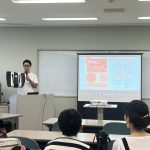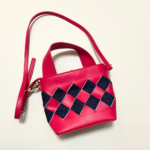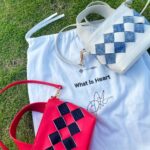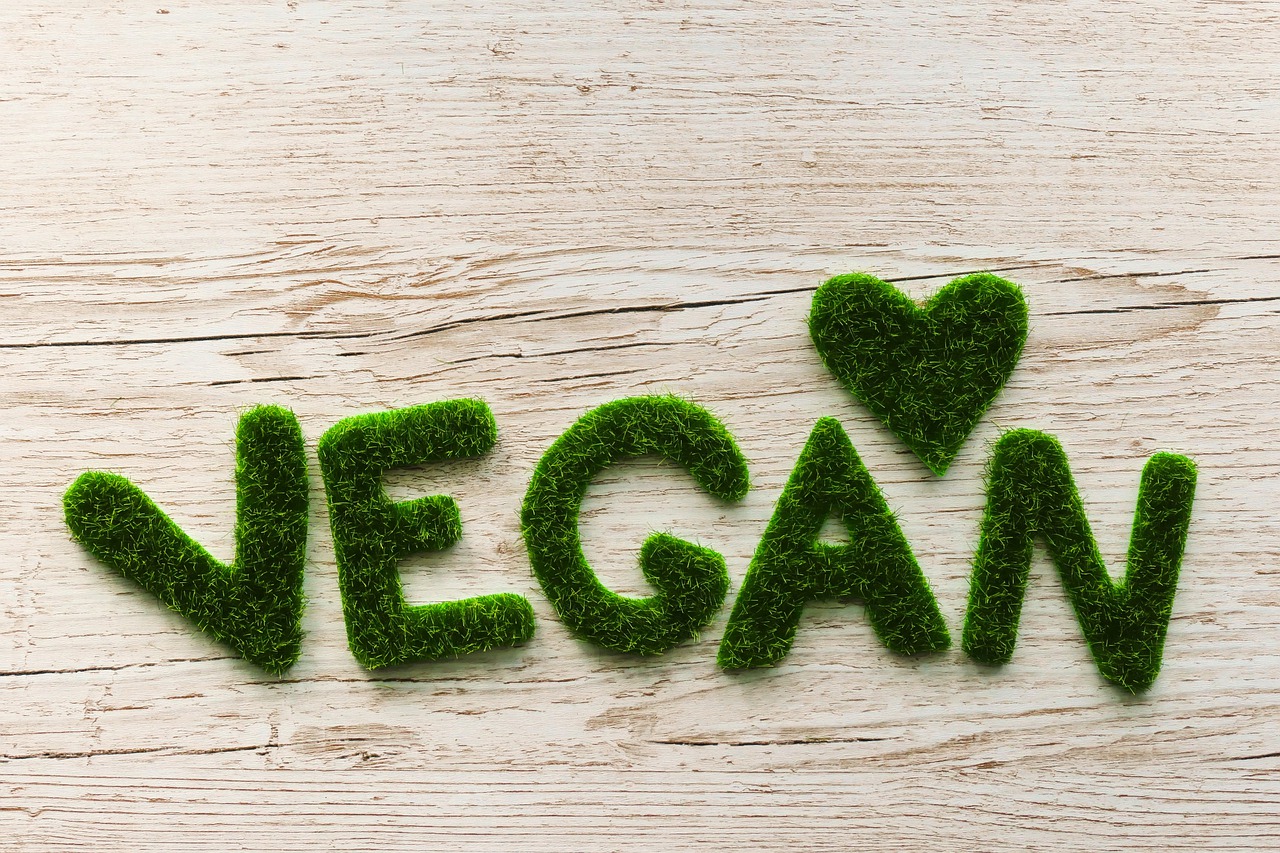
The fashion industry contributes greatly to various forms of environmental damage. The leather industry is no exception. It is a byproduct of the meat industry, and therefore it is also connected with environmental damages such as deforestation, greenhouse gas emissions and toxic chemical waste.
For instance, according to Forest 500, the cattle industry accounts for 80% of the deforestation rate in the Amazon forest and the majority of the leather in the market may have originated there. Similarly, according to Collective Fashion Justice, one acre of land (about 15 tennis courts) is required to produce 10 leather bags or 17 pairs of leather boots. Not only that, one leather jacket accounts for 176 kg of CO2e greenhouse gas emissions, and one leather tote bag accounts for 100.5 kg. Even though leather is a byproduct of the meat industry, turning hide into leather has a bigger climate impact compared to just throwing the hide away.
Although the leather industry has a long history dating back thousands of years ago, it has become increasingly unsustainable with the current demand and production methods.
To see a brighter future with less damage to the environment, the leather industry needs a sustainable change. This is where vegan leather takes the stage. Vegan leather is a sustainable alternative to traditional leather. Derived from plant-based materials, the production process of vegan leather is more friendly to the environment. Don’t miss our post about how vegan leather is better for the environment.

The rise of vegan leather
Fortunately, more and more people are becoming aware and concerned about the environmental impact of their fashion choices. Many people have started to show interest in the more sustainable vegan fashion items.
Consequently, there is an increase in consumer demand for more sustainable fashion options. The growth of the vegan leather industry reflects this demand. For instance, the global plant-based leather market is worth about 68 million USD in 2022 and is projected to reach 97 million USD by 2027.
This rapid growth is possible because vegan leather is not only more sustainable, it is also better than genuine leather in many ways. Want to know why? Don’t miss out on our post about what vegan leather is and why we love it.
Challenges for vegan leather industry
Despite the growing prospects for vegan leather, the industry is still facing some challenges:
1. Limited availability of high-quality vegan leather materials
The current leather market is still largely dominated by traditional leather and non plant-based faux leather, but vegan leather producers are steadily increasing, and appcycle that produces RINGO-TEX is among them.
2. Consumer misconceptions about the quality and durability of vegan leather
Many people think that vegan leather is not as durable as genuine leather. Although this was true in the early days of vegan leather, nowadays the production technology has improved to create vegan leather that is equally durable as genuine leather.
3. Competition with the traditional leather industry
Understandably, people are more familiar with traditional leather which has been around for a long time. Thus, the vegan leather industry needs to gain more consumer awareness.
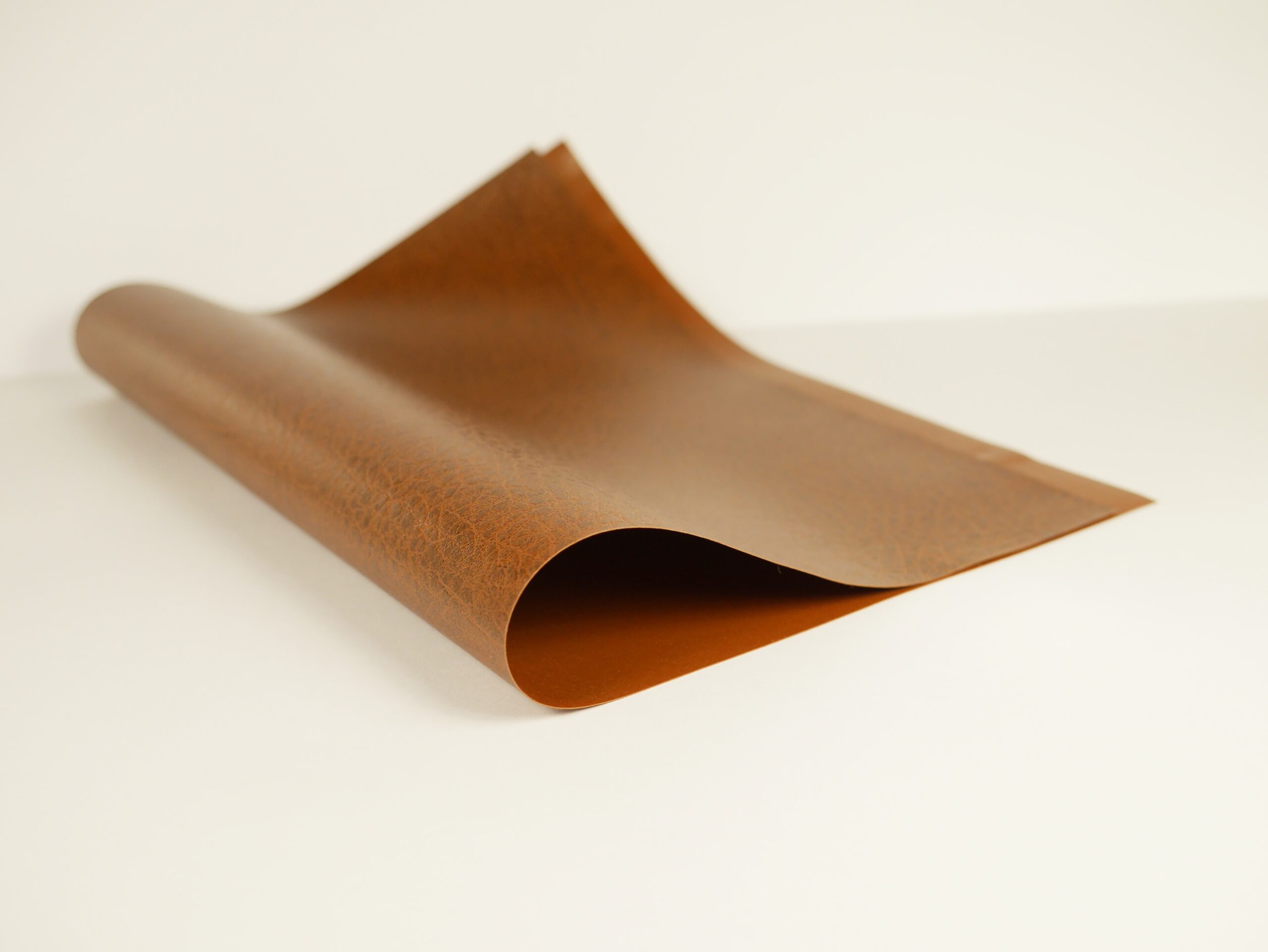
In conclusion
Vegan leather with its eco-friendly production can contribute greatly to reducing the negative environmental impacts generated by the fashion industry. With climate change and other environmental crises becoming more urgent year by year, there is a big potential for vegan leather to become the dominant material in the future.
In order to achieve higher sustainability in the fashion industry, the vegan leather industry needs your support. You can support the growth of the vegan leather industry by opting for vegan leather in your fashion choices.
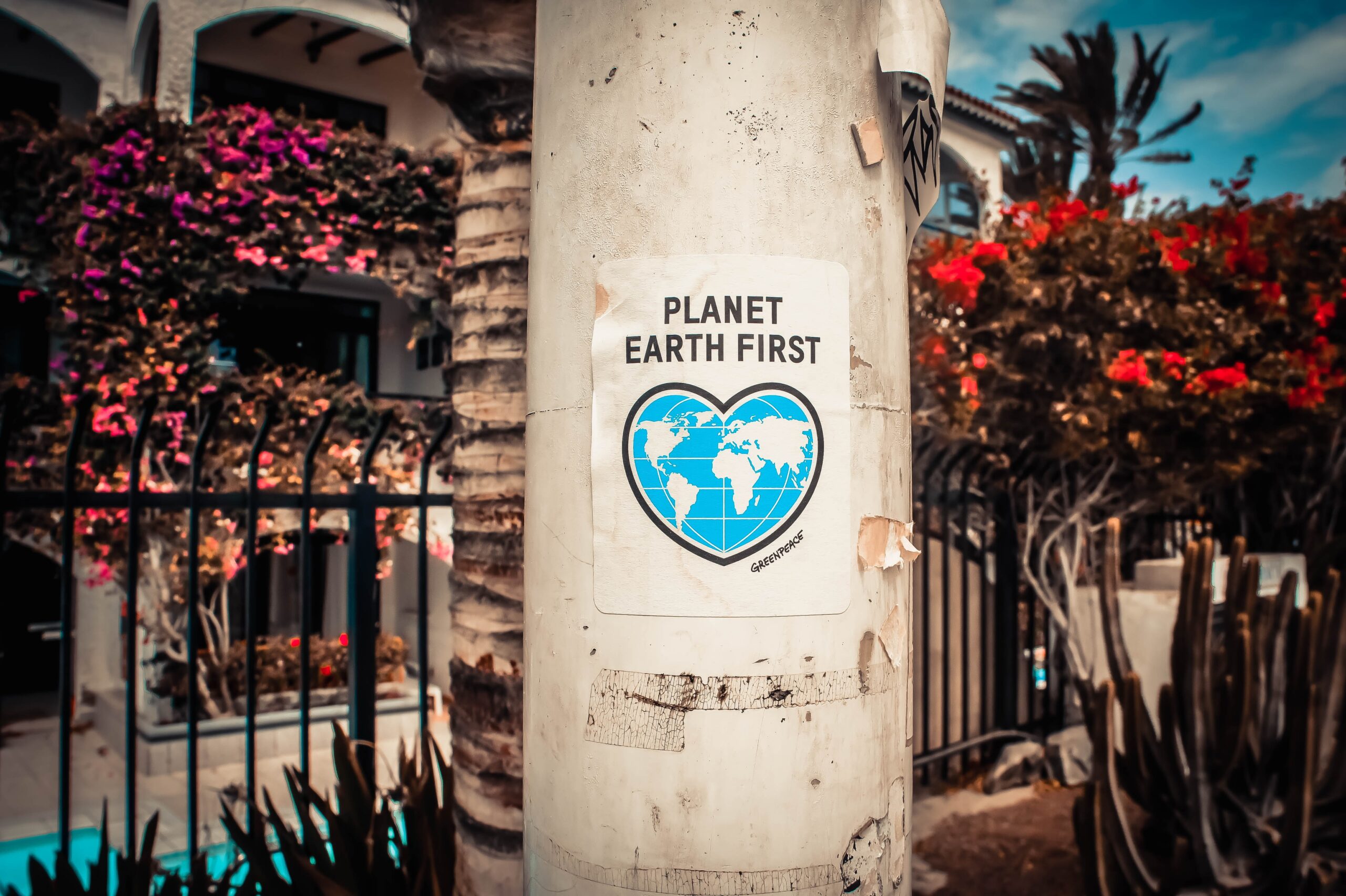
appcycle is a vegan leather company based in Aomori, Japan, that aims to reach a more sustainable future of the fashion industry. appcycle’s product, RINGO-TEX, is a vegan leather made out of apple food waste. To find out more about appcycle and RINGO-TEX, browse this website and follow our Instagram.

